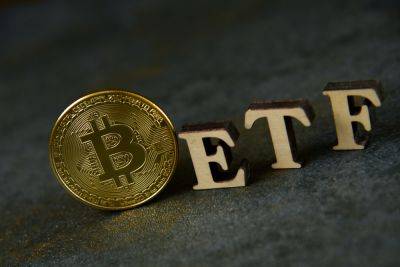Crypto Biz: Six months on from FTX, Tether mines BTC, and Nvidia’s AI superchips
Just over six months after FTX’s dramatic collapse, the crypto industry can finally begin analyzing the effects of the debacle. The quick ripple effect to other crypto businesses drained liquidity from the industry and prolonged the crypto winter, with Silvergate Bank, BlockFi and Genesis Global Capital among those hit by the exchange’s collapse.
FTX’s bankruptcy has also affected the crypto regulatory landscape, with authorities cracking down on firms — employing controversial methods in some cases — to avoid a deepening blend of traditional finance with cryptocurrencies.
Companies that closed their United States operations citing regulatory pressure in the past months included Bittrex, Nexo and Unbanked, to name a few. Coinbase CEO Brian Armstrong said this week that China stands to benefit most from restrictive crypto policies in the U.S., but only time will tell if this is true.
Companies are also reviewing their business operations due to increased regulatory scrutiny. In response to crypto firms being debanked, Binance has even considered buying a bank in the past months, said its CEO Chanpeng Zhao. Now, the crypto exchange is gearing up for a layoff that will boost its compliance and regulatory capabilities.
While the industry digests the recent events, FTX’s new management claims FTX 2.0 could be launched as soon as next year, hopefully in time to join the club of crypto companies striving to remain in business after November 2022.
This week’s Crypto Biz also looks at Tether’s Bitcoin (BTC) mining operations in Latin America, Tabi’s funding round and Nvidia’s efforts to power the next generation of artificial intelligence (AI) machines.
Binance is unlikely to buy up any banking institutions, but it plans to make
Read more on cointelegraph.com



















